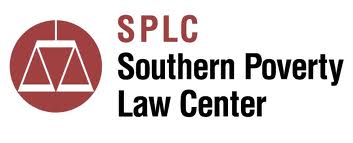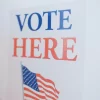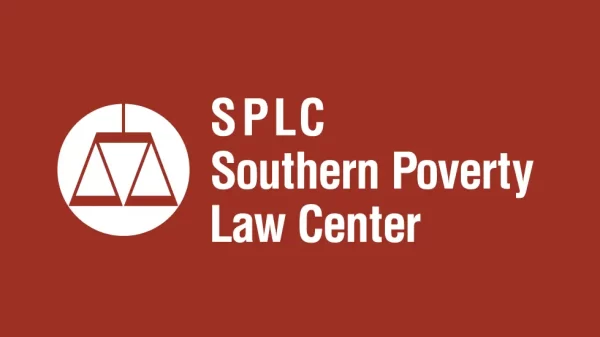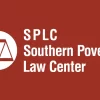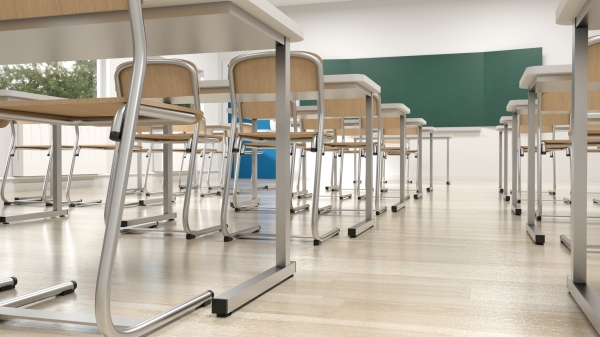By Bill Britt
Alabama Political Reporter
MONTGOMERY—Last week, the Southern Poverty Law Center (SPLC) filed a federal lawsuit to block the controversial Alabama Accountability Act (AAA). The SPLC, a civil rights organization, says the law discriminates against Alabama’s poor children and violates the 14th Amendment’s Equal Protection Clause.
Why?
Because it “…impermissibly creates two classes of students assigned to failing schools: those who can escape them because of their parents’ income/where they live and those who cannot.”
Reaction from Republican legislators who orchestrated a conference committee coup in which the banal Flexibly Act was cunningly switched for the Alabama Accountability Act, has been swift and hostile against the SPLC.
One of the leaders in the AAA “switch-a-roo” was State Senate President Pro Tem Del Marsh (R-Anniston) who told AL.COM, “This is more of the same from those who would rather maintain the status quo. We will continue working to make sure students and parents in failing schools have options to receive a quality education.”
Jerri Katzerman, deputy legal director for SPLC would seem to disagree with Marsh’s assertion when she stated,
“We agree with the legislature that there’s a problem with public education in the state of Alabama. We are heartbroken that there are 78 schools that are considered ‘failing.’ These are serious problems that require serious solutions. The Alabama Accountability Act does not do that. What it does is draw lines between people who can escape failing schools and groups of people who cannot. These groups are children, primarily economically disadvantaged children in one disadvantaged region of our state.”
Katzerman oversees the SPLC’s multi-state effort to improve educational outcomes for disadvantaged and vulnerable children. She has extensive experience representing children with disabilities in cases related to special education and anti-discrimination laws, according to the SPLC website.
Del Marsh also said, “…challenging Alabama’s historic school choice law on the grounds that it limits options makes no sense.”
Again, Katzerman counters by saying,
“What’s the choice for my clients? If this is truly a school choice bill, what are their choices? They are in failing schools; every school nearby is failing; there are either no private schools nearby, or private schools that will accept them, or private schools that are participating. And even if there were, these are not the kind of people who can afford the tuition. So, where’s the choice?”
According to a release by the SPLC, “Students in the 78 schools declared failing by the state are overwhelmingly poor, and nearly 40 percent of those schools are located within the Black Belt. 9 in 10 students in failing schools receive free or reduced lunch, making it difficult for their families to send them to successful private schools.”
Speaker of the House Mike Hubbard, (R-Auburn) did not so much challenge the efforts of the lawsuit itself, but rather sunk to name-calling, referring to it as a, “Misguided, left-wing lawsuits.” Hubbard, has risen to power in the state through ruthlessness and the ability to spin every opponent as a left-wing, politically motivated liberal.
Katzerman seemed amused at Hubbard’s depiction of the SPLC as “the ACLU with a southern accent.”
When asked if the lawsuit was political motivated, Katzerman said,
“What do you mean by, ‘politically motivated?’ This law is a creature of a political process, and it has unfair consequences to our client community.”
She said the lawsuit was an attempt to “prevent harm.” She said that this was not about a political ideology and that the suit was directed toward, “Support[ing] the right of our clients and for all children in this state to have access to a performing school and a quality education.”
The Alabama Accountability Act was born from controversy and back-rooms deals that severely crippled the 2013 legislative session. In the very hour that the republican supermajority was pushing through the act, State Superintendent Dr. Tommy Bice issued a statement saying he did not support the bill.
Even Gov. Robert Bentley, who was for the bill at its passage later, asked the legislature to put a temporary halt to the $3,500.00 tax credit in the act. The AAA has proven so unpopular that the bill’s sponsor in the House, Rep. Chad Fincher, (R-Semmes), has downplayed it in his bid for U.S. Congress.
Some have suggested that even if all the children in the state do not benefit from the implementation of the Accountability Act, at least some will escape failing schools.
Katzerman said that what the SPLC is seeking is a basic fairness for all of the state’s children:
“We want all children to have access to a quality education in this state. We all agree that there’s a problem with education in Alabama and we want a solution to that. This is the wrong solution.”
She says that the current law, “Takes us down a path of distraction and it is a waste of dollars…[unless] all children access to quality education.”
Marsh has said, “We will continue working to make sure students and parents in failing schools have options to receive a quality education.”
Katzerman says that she wants the same thing, only she wants the state to,
“Go back to the drawing board and come up with a solution that passes constitutional muster, so that every child in Alabama has access to quality education and not just a few.”








































